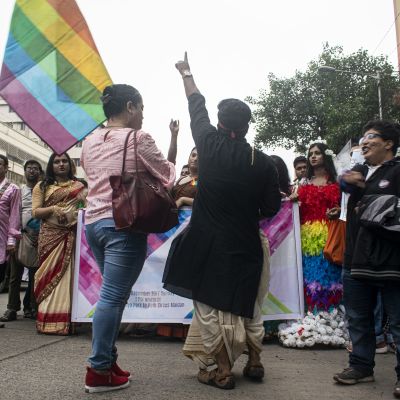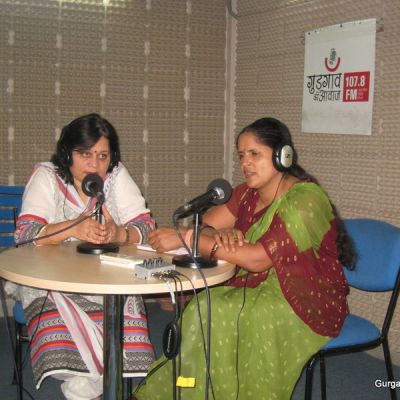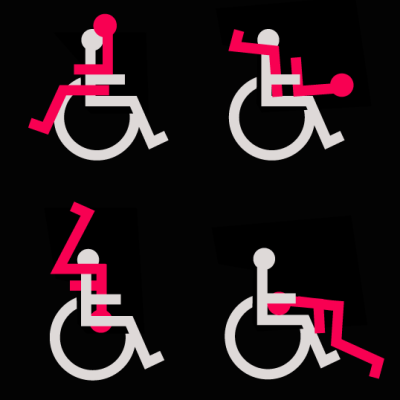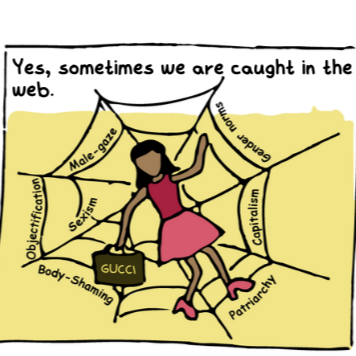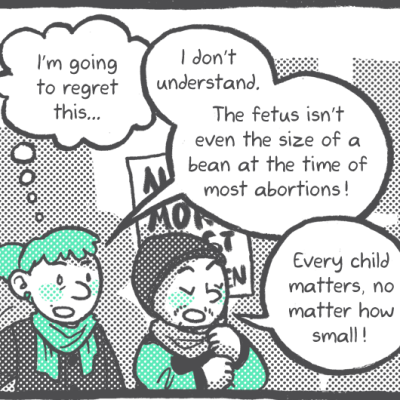Sexuality
To ensure that important discussions about issues of sexuality can take place at home, in schools and between generations, efforts needs to be made to change the norms – especially those related to perceptions of safety. Individuals, institutions, organisations and policies need to work together to include safe spaces for reflections and opportunities for these discussions to become common practice.
New losses, new challenges Elizabeth Bishop, the Pulitzer Prize winning American poet, whose love affair with Lota de Macedo Soares…
Attempting to talk about sexual health in an urban environment like Gurgaon is a bit like trying to pierce an…
My self-care journey has only just begun and I have a long way to go. I do have bouts of self-doubt, anxiety, and panic, and I still go through periods of feeling overwhelmed. However, more than anything, I have learnt that self-care, for me, is a subversive act, and caring for myself gives me the strength to challenge the status quo and play my part in social justice movements.
If sharing was a proverbial coin at the rehabilitation facility, connections were one side of it, and sexuality was the other. Men and women were not allowed to touch one another – no handshakes or hugs or an eager slap on the back.
Comicbooks sell us the fantasy of larger-than-life superheroes, the victory of good over evil, the promise of fighting for a better, inclusive world. But alas, when it comes to the characters themselves, this very inclusivity is often nowhere to be found.
Considering how sexuality was a running (and selling) theme in pulp fiction stories, and female sexuality was employed as a means to titillate and attract readers, the covers often reflected this.
[slideshow_deploy id=’6411′] In a culture where sex is depicted all over media messaging, it’s funny how the word itself is…
[slideshow_deploy id=’3852′] Women have historically engaged in sporting events, very often fighting dominant stereotypes and stigma to do so. But…
The Ganja-Mahua Chronicles is an art project that draws attention to the role that marriage plays in upholding India’s caste…
For many people, fashion serves as a vehicle for expressing their unique identities, their political beliefs, and their sexual orientation.
Pro-life arguments have invoked faith and religion to decry a person’s right to seek an abortion, and the right to decide what to do with one’s body. But, as Everyday Feminism’s comic, The Hypocrisy of Pro-Life Rhetoric, breaks it down for us, it is not with religion or faith where the problem lies.
[slideshow_deploy id=’6357′] The songs of selfies played its colourful tune, with selfies coming out as musical notes from the gramophone kept…
A smile could just be an innocuous communication, expressing politeness or warmth. But for a woman out in public, her smile is often misconstrued


